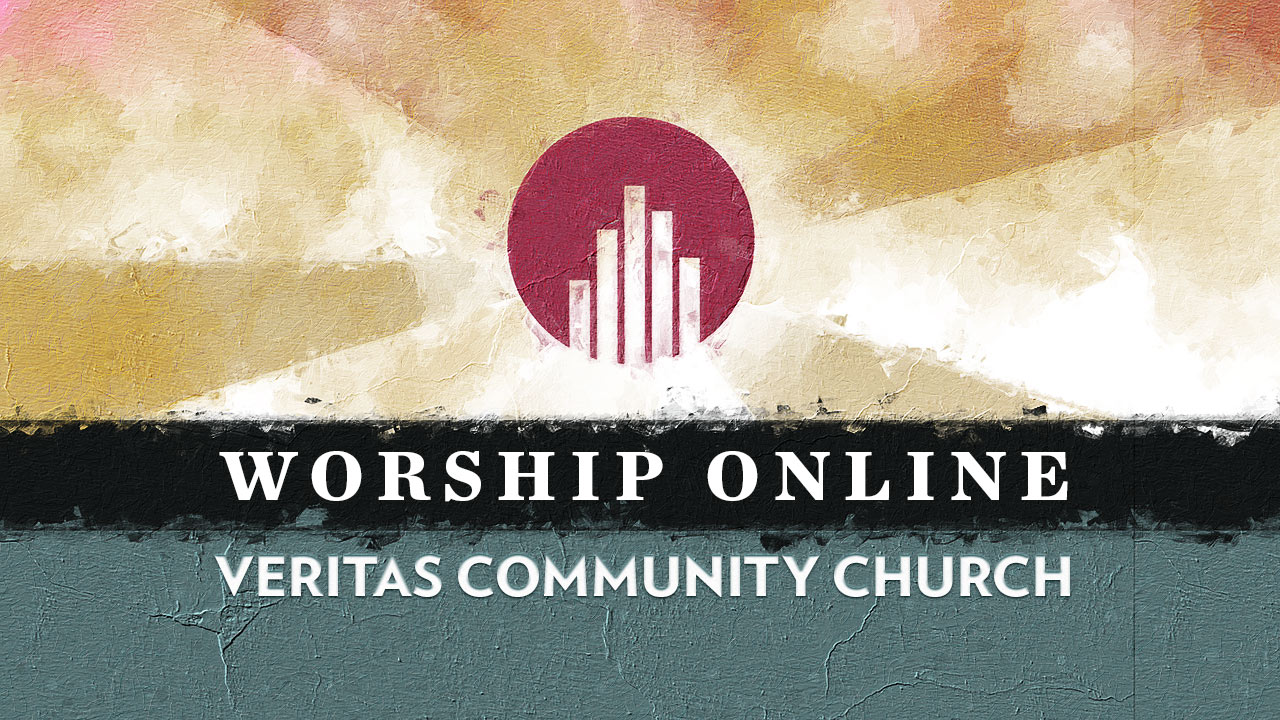
World Gone Mad
Congregation: Tri-City
Series: Matthew - Anger
Speaker: Brad Snyder
Scripture Text: Matthew 5:21-26
Framing the Discussion: How should we think about this concept of “anger”? Brad said that a helpful analogy to think of the connection between anger and murder is that anger is the seed and murder is the tree. How does that seed become a tree? (Leaders: Brad said that “just like the only difference between a seed and a tree is time and the right conditions…the only difference between anger and murder is time and the right conditions.”)
“Every time you get angry, or don’t get angry, it says something significant about how you think things should be, and how much you care.” – Brad from the Sermon
What does unrighteous anger look like? Another way to think of this is to ask the question “How is anger expressed in our lives?” And: How/why do we get angry in the first place? (Leaders: Brad said that the problem with our anger – what makes it unrighteous – is that we try to determine on our own what is good and what is evil. He said, “We try to take the place of God thinking we know what is right and that our will is supreme! So whenever we don’t get what we want, whenever we don’t get our way…we get angry!” So there is a heart issue that is the seed of the tree of anger/murder.)
Three questions to explore step by step: What does righteous anger look like? How was that expressed in the life of Jesus? And: What role does our recognition of other people’s personhood play in our fight against anger? (Leaders: Brad gave the example of Christ’s righteous anger at the Pharisees in Mark 3:1-6 where Jesus gets righteously angry at their hard hearts because they don’t care about this suffering image bearer with a withered hand. Brad said that “the righteous and good anger in the Bible always comes from caring about what God cares about and letting him define what’s wrong, and what it means to make it right.”) Some quotes to consider here:
“We treat the damage we do with out lips very lightly because we do not see the corpses we leave behind.” –
Sinclair Ferguson
“It is a serious thing to live in a society of possible gods and goddesses, to remember that the dullest most uninteresting person you can talk to may one day be a creature which,if you saw it now, you would be strongly tempted to worship, or else a horror and a corruption such as you now meet, if at all, only in a nightmare. All day long we are, in some degree helping each other to one or the other of these destinations. It is in the light of these overwhelming possibilities, it is with the awe and the circumspection proper to them, that we should conduct all of our dealings with one another, all friendships, all loves, all play, all politics. There are no ordinary people. You have never talked to a mere mortal. Nations, cultures, arts, civilizations – these are mortal, and their life is to ours as the life of a gnat. But it is immortals whom we joke with, work with, marry, snub, and exploit – immortal horrors or everlasting splendors.” ― C.S. Lewis, The Weight of Glory
Read verse 22 again and note how powerful words are. What was Jesus’ example of this? When we attack other people with violent words, what are we saying about them? (Leaders: We are essentially saying that we don’t value other people – calling someone “a fool”, as Jesus mentioned, is like saying they are worthless. They are literally worth “nothing”, and when we do this, we devalue someone made in the image of God.) A good quote on the power of words from this context:
“We have often murdered one another in mind and heart and thought, have we not? We have nursed thoughts against people which are as foul as murder. …we have said of another, ‘Raca.’ Oh, yes, there are ways in which men can be destroyed short of murder. We can destroy a man’s reputation, we can shake somebody else’s confidence in him by whispering criticism or by deliberate fault finding. That is the kind of thing which our Lord is here indicating, and His whole purpose is to show that all that is included in this commandment: ‘Thou shalt not kill.’ Killing does not only mean destroying life physically, it means still more trying to destroy the spirit and the soul, destroying the person in any shape or form.” Martyn Lloyd-Jones
Gospel Reconciliation: Read Philippians 2:1-11. Brad said that “Reconciliation is the only thing that brings an end to anger” and that “If anger is the common language of the world, then Reconciliation is the common language in the church!” Two things to dig into: What does this reconciliation of anger look like – How did Jesus describe it? How does the gospel transform our hearts toward reconciliation? (Leaders: Because Jesus fulfilled the law, victory and joy is no longer defined as winning the fight and getting your way. Victory and joy are found through repentance and reconciliation – that Jesus wins. The gospel shows us how differently God handled his anger at those who opposed him from how we handle our anger at those who oppose us – this is at the heart of the Phil. 2 passage. It took Jesus dying, taking the cross for us to reconcile us to God.)
“Our anger, leads us to insult and treat others as nothings in an effort to make ourselves something… while Jesus’s anger at our sin led him to make himself nothing, to make us something” (the righteousness of God – 2 Cor. 5). – Brad from the sermon
Takeaway questions for reflection this week: Assuming that we all have “a problem with anger”, what does anger look like in your life? What does it look like when things don’t go your way? What about when you have to wait on someone or something? Are there people in our lives that we need to forgive, or be reconciled to/with?



Comments are closed.